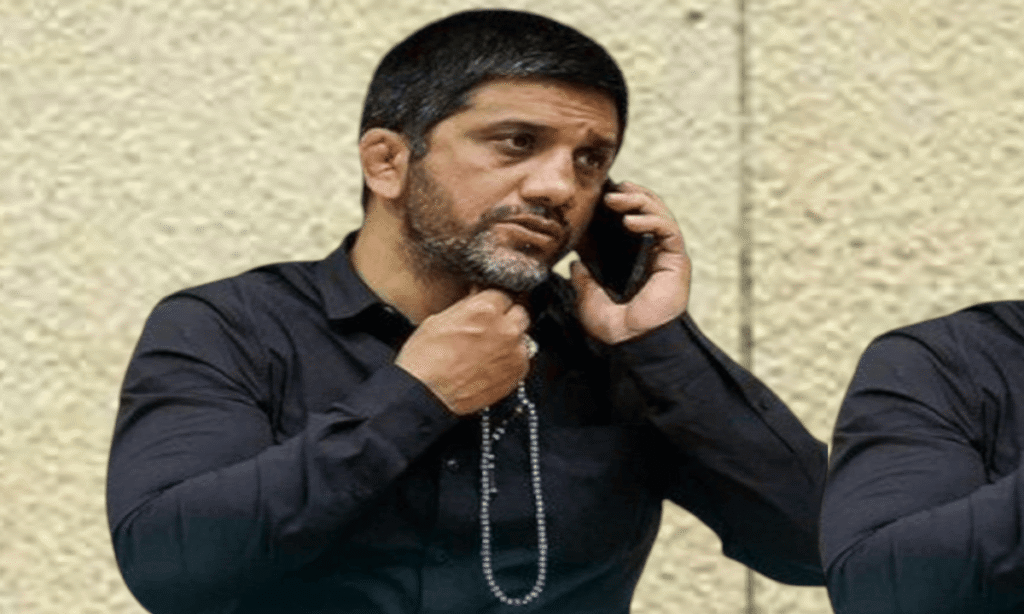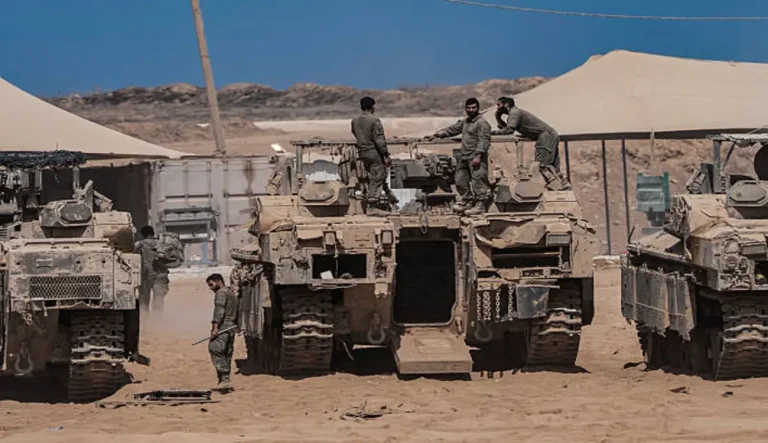
Alireza Dabir claims Persian-language media pose greater threat to Iran than Israeli espionage networks.
EPICSTORIAN — Alireza Dabir, the head of Iran’s Wrestling Federation, has ignited controversy by claiming that Persian-language media outlets operating abroad are more harmful to Iran than espionage activities carried out by Israeli intelligence networks.
Iranian Wrestling Chief Draws Parallels Between Media Influence and Espionage
In an interview published by Iranian Student News Agency (ISNA), Dabir said channels like Iran International and BBC Persian pose a greater threat to the country than Israeli spies.
According to him, the psychological warfare and disruption caused by these foreign broadcasters outweigh the intelligence risks posed by traditional espionage.
“The spies of Israel aren’t as dangerous as those media networks,” Dabir said, accusing the broadcasters of undermining Iran’s national unity and values.
He argued that their reach into Iranian homes and minds, especially during times of unrest, gives them disproportionate influence.
Alireza Dabir’s Emotional Reference to Israeli Attack
Dabir also made a symbolic and emotional statement referring to an unspecified Israeli military strike. “During the Israeli attack, 1,100 flowers were plucked,” he said.
“Why wasn’t I one of them? Because I wasn’t worthy.” His words drew on martyrdom imagery frequently used in Iranian political and religious discourse, sparking mixed reactions online and across local media.
The interview has added to ongoing tensions within Iran’s media environment. His comments arrive amid escalating pressure on independent journalism and foreign reporting, especially Persian-language news that broadcasts into Iran from abroad.
Foreign Media Criticized as Tools of Influence
Iranian authorities have long accused exiled Persian media outlets of serving foreign agendas. Iran International, backed by Saudi funding, and BBC Persian, funded by the British government, are among the most targeted. Security agencies allege they incite protests and contribute to internal destabilization, though neither network has been formally linked to espionage.
While supporters of free press defend these media as lifelines for uncensored information, figures like Dabir see them as threats to sovereignty.
His statements reflect a broader official sentiment that views media influence as a battlefield of its own—where narratives, not weapons, shape public opinion.
Also Read: Araghchi Calls Iran’s Response to US Threats a ‘Strategic Mystery’
Alireza Dabir, a former Olympic wrestling champion, has previously been outspoken in his nationalist and ideological views. As the current head of Iran’s wrestling governing body, his remarks carry both political and cultural weight, particularly among conservative circles.

